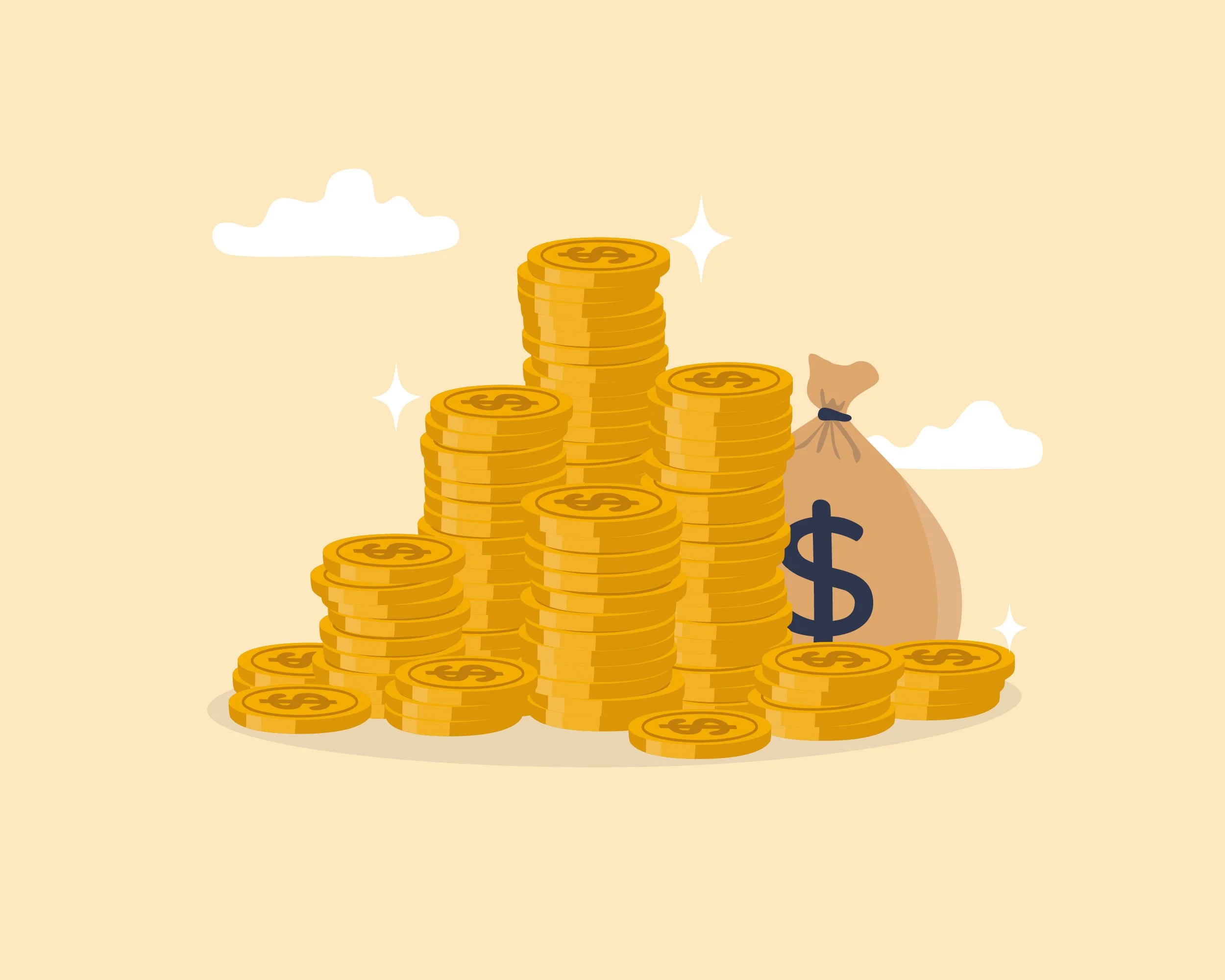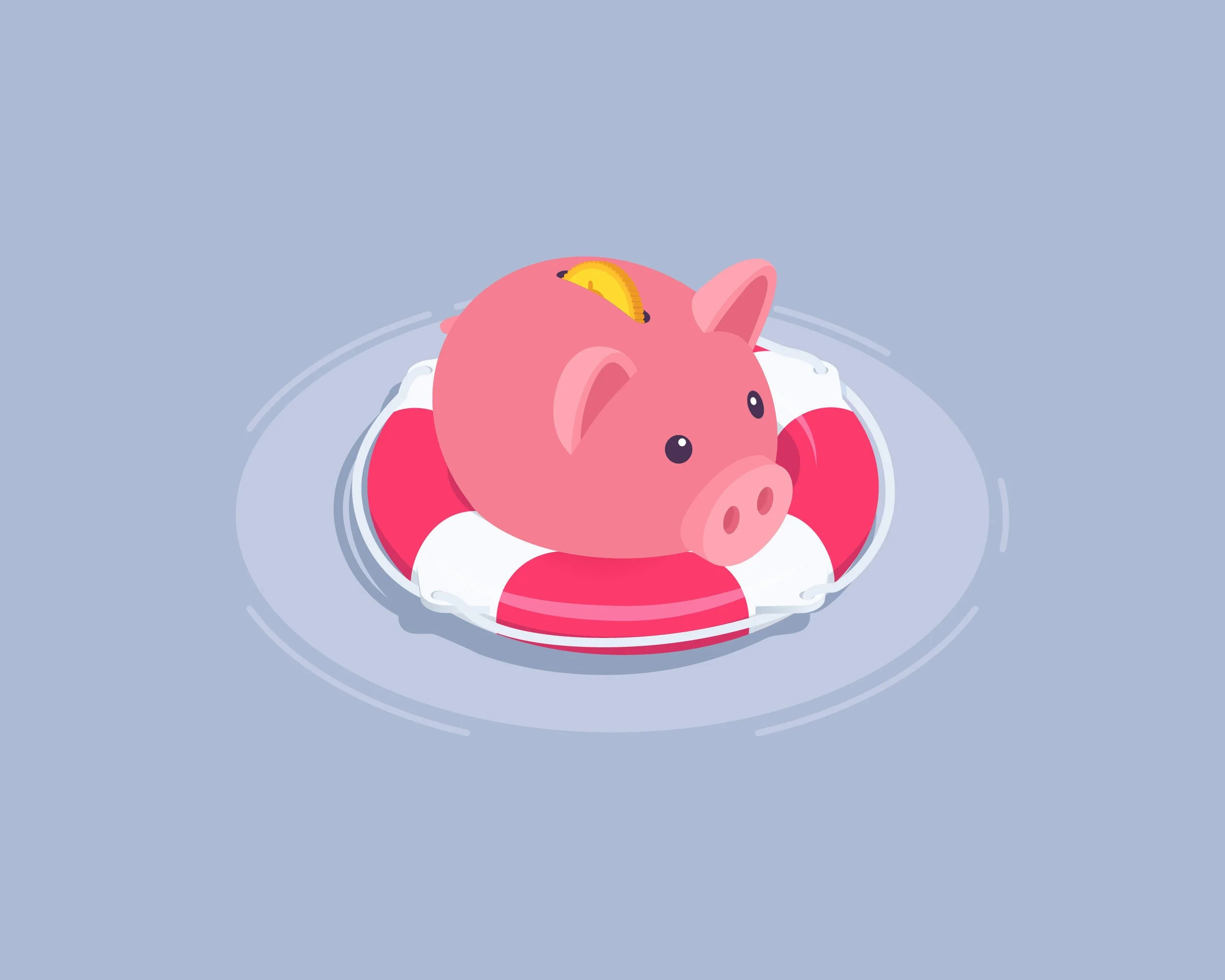Budgeting is simply making a plan for your pūtea (money). Although I meet hundreds of people who are keen, motivated and willing to do better with their money, I meet few who are “Oh yay, let’s track our spending and earning each month”. I know. I understand your reluctance, but if you want to grow your wealth, you must do what wealthy people do. And they know how much they earn and spend. So, I’m sorry, there are no shortcuts here; you’ve just got to suck it up and budget anyway. Most will come to enjoy it as I do, simply because it gives me a feeling of control over my life and removes any anxiety around my pūtea. But for some of you, it will always be a chore. So be it! Do it anyway.
All in Budgeting
Part 1: NET WORTH - Financial Independence Series
Welcome to the first post in a short six-part blog series. I’m crafting a collection of posts to cover critical areas that will set you on the right path with your pūtea. Part 1 focuses on ‘Net Worth’. How much wealth do you have right now? If you added it all up and subtracted what you owe, what are you worth? This can be daunting if you’ve never thought about it. However, the objective is not to objectify wealth; it’s to create a level of wealth that makes you feel comfortable and in control of your present and future.
How have YOU improved your financial situation?
In my last blog post, where I was giving away a bunch of books on personal finance, I gave you two ways to enter. You could either just click enter and get on with your day, or you could take a moment to answer my wide-open question, “Tell me in 100 words or less how you have improved your financial situation”. I honestly thought most people would just enter to win the books without taking the time to write a response. Gosh, was I wrong! My inbox quickly filled up with over 260 fantastic responses, and I’m sharing all of them below. Yep, all of them.
Paying in advance is a far more relaxing way to travel!
I wanted to share the exact costs of a holiday we took in January of this year when we went to Australia and took our first-ever cruise. I went in hugely sceptical of cruising, but I absolutely loved it. We holiday differently from some: Our holiday is fully paid for before we leave. Paying in advance is a far more relaxing way to travel, indeed, the ONLY way to travel, in my opinion.
The Power of an Emergency Fund in a Crisis
As I became aware of the weather event slowly unfolding in the upper North Island and, over the days that followed, the scale and breadth of the carnage it caused, it took me right back to the Canterbury Earthquakes and our experiences of coping with a natural disaster. Since the beginning of The Happy Saver, I’ve talked about Emergency Funds, and I’m not letting up. Although they are fantastic for solving minor money problems, they are even better for giving you strength when the absolute worst happens. An emergency fund comes into its own in a real crisis.
Budgeting for the first time?
Budgeting for the first time? Then, please let me make it as painless as possible! I regularly speak with people who are, for the first time, looking at their money correctly. Like, I mean, actually looking hard at each transaction, which is what you need to do to understand where your money is coming from and going to. For many, we get by; earning, spending, and not taking too much notice. But this “head in the sand” attitude to money will only get you so far and will keep you living week to week or month to month.
Do you think you should combine your finances?
I’ve been having many conversations with readers about money, which is not unusual, but what is standing out a little more is that I’ve noticed that for those who keep their money apart from their spouse, once you start to pile on all the other stressors of life, cracks begin to appear. I suspect that across Aotearoa, there are relationships being tested at the moment. This blog encourages you to face it head-on; start a conversation.
Debt won’t solve your money problems
Recently the banking/lending industry changed the way they view lending applications in response to new government legislation and changes made to the Credit Contracts and Consumer Finance Act. The government’s changes are to protect borrowers, which sounds fair to me. However, my personal view is that banks also saw this as an opportunity to reset the expectations of some borrowers.
Natural spender or natural saver?
I’ve been thinking about the concept of “natural spender and natural saver” for quite some time. When people email me, they will often reference themselves as being very clearly one or the other. They have popped themselves into a category and then used that to explain their views and actions around how and why they handle their pūtea (money) the way they do. It’s never sat quite right with me, and it feels too restrictive and concrete to categorise yourself that way.









